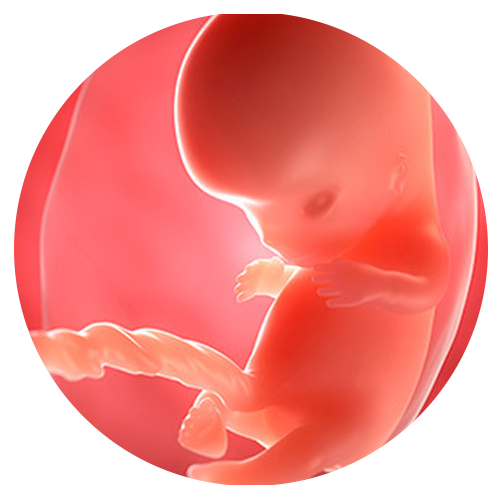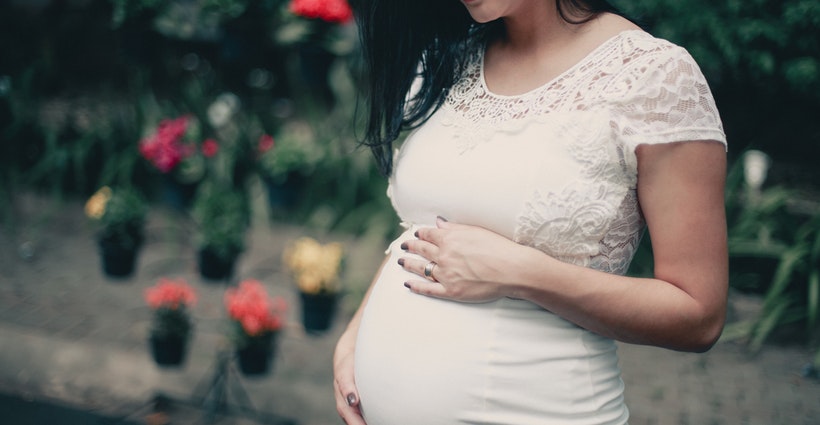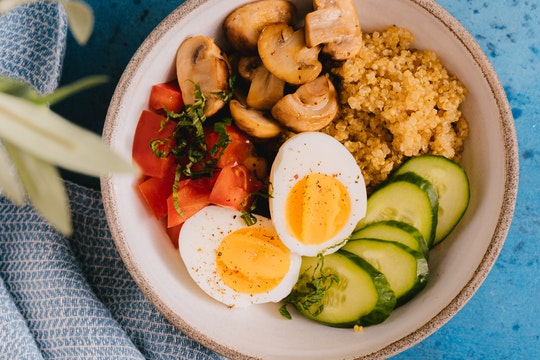9 weeks pregnant: Pregnancy Symptoms & Baby Development
Find out what to expect from every week of your pregnancy.
9 weeks pregnant is how many months?
Month 3 (Trimester 1)
Baby development at 9 week
Food safety

Vitamin D
When you are 9 weeks pregnant your baby’s mouth and tongue have started to form and taste buds are already in place1. Measuring between 2cm and 3cm long from head to bottom, they’re roughly the size of a cherry. At this stage, your baby’s eyes are becoming more defined1 and their nose has assumed a recognizable shape.
Your baby’s major organs, including their brain, heart, lungs and kidneys, continue to develop. It’s still too early to see their gender on an ultrasound, but your baby’s tiny movements may be visible3 – a sign of their muscles starting to form4. Your midwife may also be able to hear your baby’s rapid heartbeat through a handheld doppler (ultrasound device) on your abdomen.

While it’s common to be bloated at 9 weeks pregnant, it’s unlikely that you’ll look pregnant yet or see any signs of a pregnancy belly.

Early pregnancy symptoms at 9 weeks
Early pregnancy symptoms vary from person to person. At 9 weeks, you may experience any of the following signs of pregnancy, or no symptoms at all:
You can also boost your vitamin D intake by including the following foods in your diet:
- Oily fish, including herrings, mackerel, sardines, salmon, trout (limit your intake to 2 portions a week).
- Eggs – the yolk contains the vitamin D.
- Fortified foods – some brands of milk and breakfast cereals have added vitamin D.

THE SCIENCE BEHIND VITAMIN D
Powered by Nutricia
Vitamin D forms an essential part of your healthy pregnancy diet. It plays a vital supporting role in the growth and development of your baby’s bones by regulating the levels of calcium and phosphate in their body. An adequate supply of vitamin D also reduces your baby’s risk of vitamin D deficiency.
As well as supporting your baby’s bone development during pregnancy, the vitamin D you consume now helps to build up your baby’s personal store, which they will rely on during their first few months of life.
To support your baby’s brain development, try to include an extra 200mg of DHA each day. Oily fish are an excellent source and eating 1-2 portions of oily fish per week will provide sufficient DHA for you and your baby. However, it’s recommended that you eat no more than two portions per week due to the toxins they may contain. For a healthy intake of other Omega 3 fats on the days you don’t eat oily fish, snack on a handful of nuts or start your day with a bowl of wholegrain cereal.
